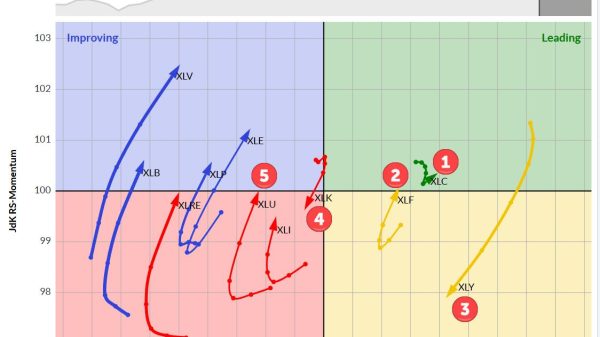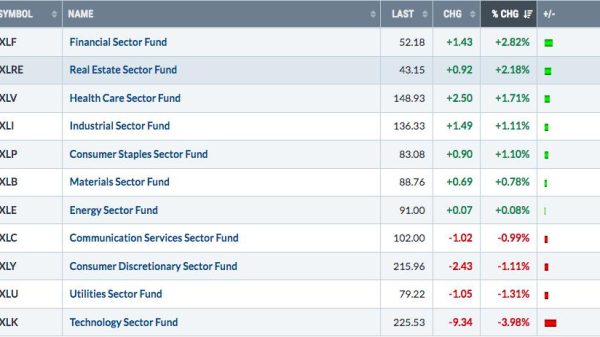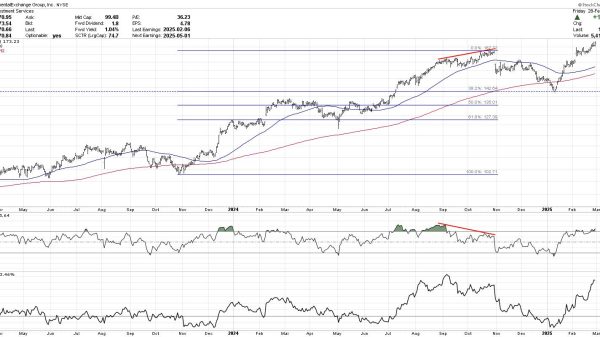NEW YORK — The number of people globally who initially access news through a website or app has dropped by 10 points since 2018, and younger groups prefer to access news through social media, search or mobile aggregators, according to a report released on Tuesday.
Audiences pay more attention to celebrities, influencers, and social media personalities than journalists on platforms such as TikTok, Instagram, and Snapchat, the Reuters Institute for the Study of Journalism said in its annual Digital News Report. TikTok is the fastest growing social network in the report, used by 20% of 18- to 24-year-olds for news, up five percentage points from last year. Fewer than half the survey respondents expressed much interest in news at all, down sharply from 6 out of 10 in 2017.
“There are no reasonable grounds for expecting that those born in the 2000s will suddenly come to prefer old-fashioned websites, let alone broadcast and print, simply because they grow older,” Reuters Institute Director Rasmus Nielsen said in the report, which is based on an online survey of roughly 94,000 adults, conducted in 46 markets including the US.
Less than a third of the survey’s respondents said that having stories selected for them based on their previous consumption is a good way to get news, a 6-point decline from 2016, when the survey last asked the question. Yet people still slightly prefer to have their news chosen by algorithms than by editors or journalists.
Trust in the news has fallen by 2 percentage points in the last year, reversing gains made in many countries at the peak of the coronavirus pandemic. On average, 40% of people say they trust most news most of the time. The United States has seen a 6-point increase in trust in news, to 32%, but remains among the lowest in the survey.
Across markets, 56% of people say they worry about identifying the difference between real and fake news on the internet — up 2 percentage points from last year.
The survey found that 48% of people say they are very or extremely interested in news, down from 63% in 2017.
The Reuters Institute for the Study of Journalism is funded by the Thomson Reuters Foundation, the philanthropic arm of Thomson Reuters. — Reuters























